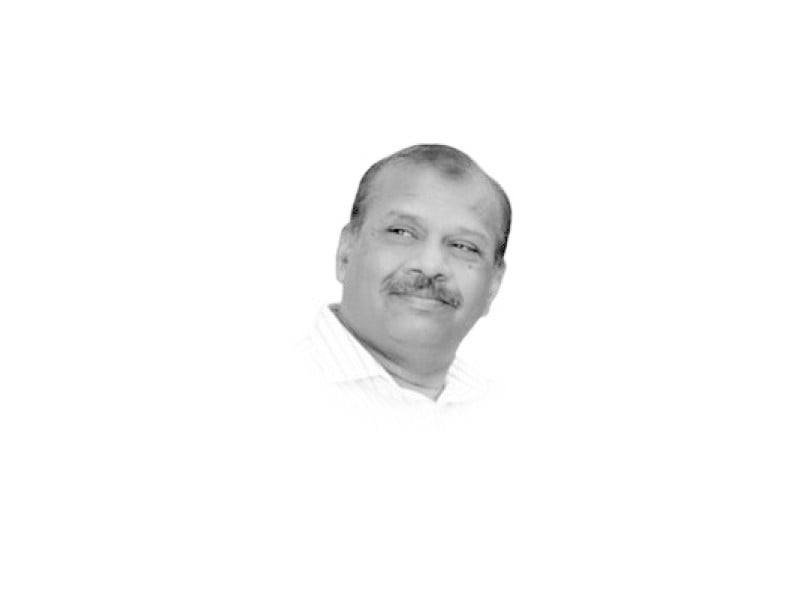
The Sindh Solar Energy Project (SSEP) represents a significant step forward in Pakistan's energy sector, particularly in the province of Sindh, where energy shortages have long stymied development and growth. With a focus on increasing solar power generation and expanding access to electricity, this project is aligned with Pakistan's broader goals of enhancing energy security, reducing carbon emissions, and providing affordable electricity to underserved regions. The SSEP is a comprehensive initiative with four primary components, each addressing a specific aspect of solar energy deployment and capacity building.
The first component of the SSEP focuses on establishing large-scale solar energy production by developing publicly owned solar parks in Sindh. These parks are essential for providing the infrastructure needed for solar power plants and ensuring equitable distribution of energy benefits. The project lays emphasis on the competitive selection of private developers through solar auctions to promote transparency, reduce costs, and enhance infrastructure quality. The solar parks are also expected to stimulate technological innovation, job creation, and economic growth. However, challenges such as land acquisition, grid connectivity, and environmental impacts must be addressed for successful implementation.
The second component of the SSEP, Distributed Solar, aims to harness solar energy by installing photovoltaic (PV) systems on public sector buildings. This decentralised approach enhances energy security by reducing reliance on centralised power plants and the national grid, while also lowering electricity costs for institutions like schools and hospitals. Energy management systems are included to optimise usage and monitor production in real-time. While this component helps reduce greenhouse gas emissions and promotes renewable energy adoption, challenges include ensuring the technical capacity to maintain these systems and securing funding for installation
The third component of the SSEP, Solar Home Systems (SHSs), focuses on providing electricity to remote and underserved areas in Sindh where the national grid is unreliable or absent. SHSs, which include solar panels, batteries, and basic appliances, offer a practical and affordable solution to improve living conditions in rural areas, enhancing education, healthcare, and economic opportunities. The project's holistic approach includes consumer education, financial literacy, and product certification to ensure the systems' long-term sustainability and reliable performance. However, challenges like high upfront costs, cultural adoption barriers, and the need for effective after-sales support must be addressed for the initiative's success.
The fourth component of the SSEP, Capacity Building and Technical Assistance, is essential for the project's success. It aims to enhance the skills and capabilities of those involved in the project through training, workshops, and technical support. Key areas of focus include compliance with fiduciary, gender, procurement, and safeguards requirements to ensure transparency, accountability, and inclusivity. Gender inclusion is emphasized to promote equitable outcomes. The component also extends support to the private sector to improve the quality of solar energy projects. Success depends on effective coordination among stakeholders and ensuring that training is relevant and accessible.
SSEP is a landmark initiative that has the potential to transform the energy landscape of Sindh and serve as a model for other regions in Pakistan. By focusing on utility-scale solar, distributed solar, solar home systems, and capacity building, the project addresses the multifaceted challenges of energy access, sustainability, and economic development. While there are significant challenges to be overcome, the SSEP's comprehensive approach and commitment to innovation, transparency, and inclusivity make it a promising endeavour that could pave the way for a brighter, more sustainable future for Sindh and beyond.



1730752226-0/Untitled-design-(35)1730752226-0-165x106.webp)




1729685382-0/Untitled-design-(57)1729685382-0-270x192.webp)


1730706072-0/Copy-of-Untitled-(2)1730706072-0-270x192.webp)
COMMENTS
Comments are moderated and generally will be posted if they are on-topic and not abusive.
For more information, please see our Comments FAQ